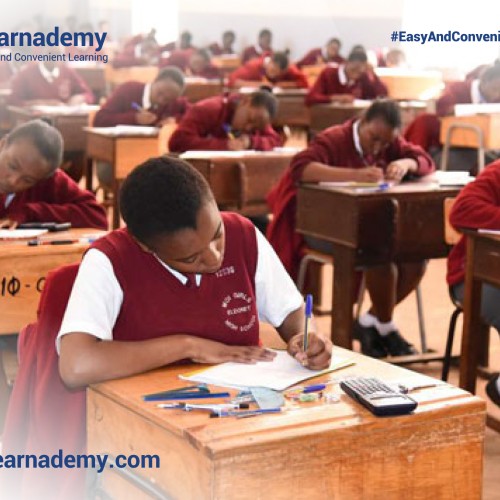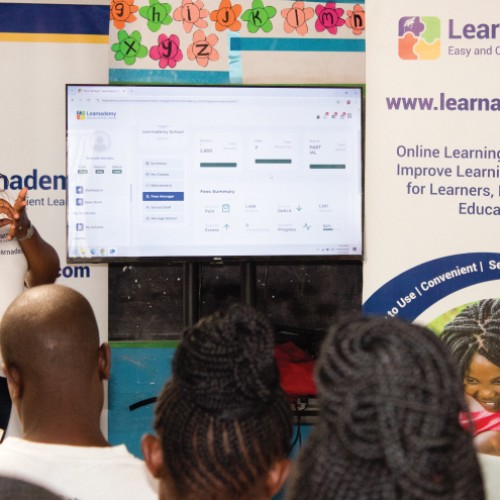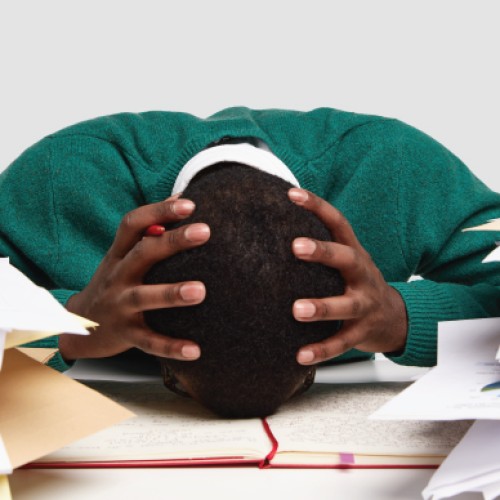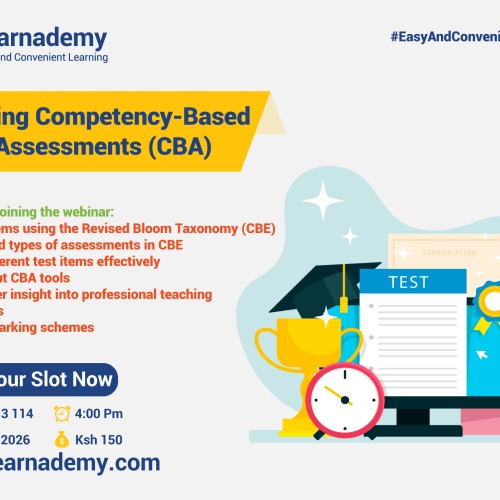-
Back
- Blog
- Browse Blogs
- Blog Post
- Get In Touch
-
Explore
- Sign up
- Login
Blog Inquiry
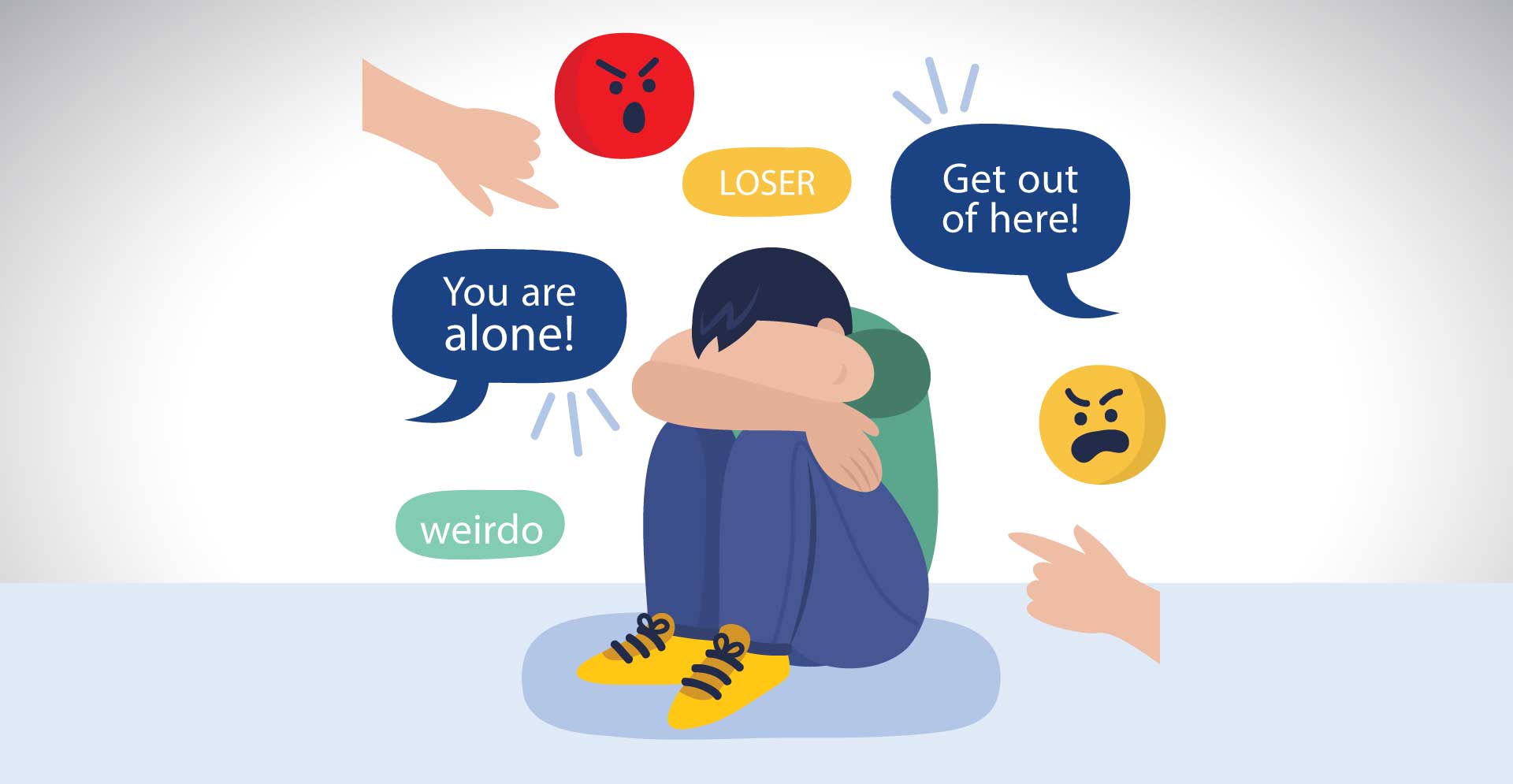
Impact of Discrimination on Learners and its Prevention
01 Mar 2023 SocialDiscrimination refers to the unfair treatment of a person or a group of people based on their religion, race, gender, disability, health status or ethnic background. In schools, it is important for learners to always be comfortable. They should feel safe, supported, accepted and respected in order for them to achieve their full potential.
How it Happens
Discrimination in schools takes many forms and can be brought about by multiple factors. These include learners being treated differently because of where they come from, their religion or having a disability. An example is when a teacher denies a learner an opportunity to talk since he/she has speech defects like stuttering. Additionally, schools might be discriminatory in their admission of learners by refusing to admit learners from a certain religion.
Its Impacts on Learners
Discrimination impacts learners negatively negatively both mentally, physically and even emotionally. It may triggers learners to develop negative attitude towards school, low self esteem, stress and depression. Consequently, these may result in learners having poor school attendance and poor academic performance. In extreme cases this vice may cause a learner to develop suicidal thoughts or even drop out school.
How to Prevent it
There are various approaches and strategies that can be used to curb and prevent discrimination in schools. These can range from legislation, policy development and awareness creation both at school and government levels.
For instance, schools should introduce rules and regulations that discourage this vice. The school management should develop, adopt and adequately communicate strict rules that aim to prevent discrimination among learners and teachers. All stakeholders, should be made to understand the rules, policies and consequences of discriminatory behaviour within the school premise.
Additionally, schools should grow and nurture a discrimination intolerance culture. learners should be encouraged to speak up against the vice and report any incidents of discrimination to relevant authorities. Schools should create easy, straight forward and comfortable procedures for reporting discrimination cases.
Moreover, creating awareness and educating the masses on discrimination can help curb the vice. In certain circumstances, discrimination may occur unconsciously and without premeditation. Thus, it is important for school staff and pupils to be taught about the different forms of discrimination and its effects on a victim.
Schools should adopt tools and resources that will facilitate and make easy the fight against discrimination. For instance, hiring highly competent human resource including and use of technology such as Closed-circut Television (CCTV) cameras will play a major role in advancing these efforts.
In conclusion, discrimination is any unfair treatment or statement aimed at a specific group of people or person in regards to religion, race, ethnic background or disability. It is a vice that adversely affects the victims as it results in depression, loss of self esteem and poor academic performance. Discrimination can be prevented by setting of rules that discourage discrimination, creating awareness about it, encouraging learners to report cases when it occurs and schools hiring competent human resources including teachers.


